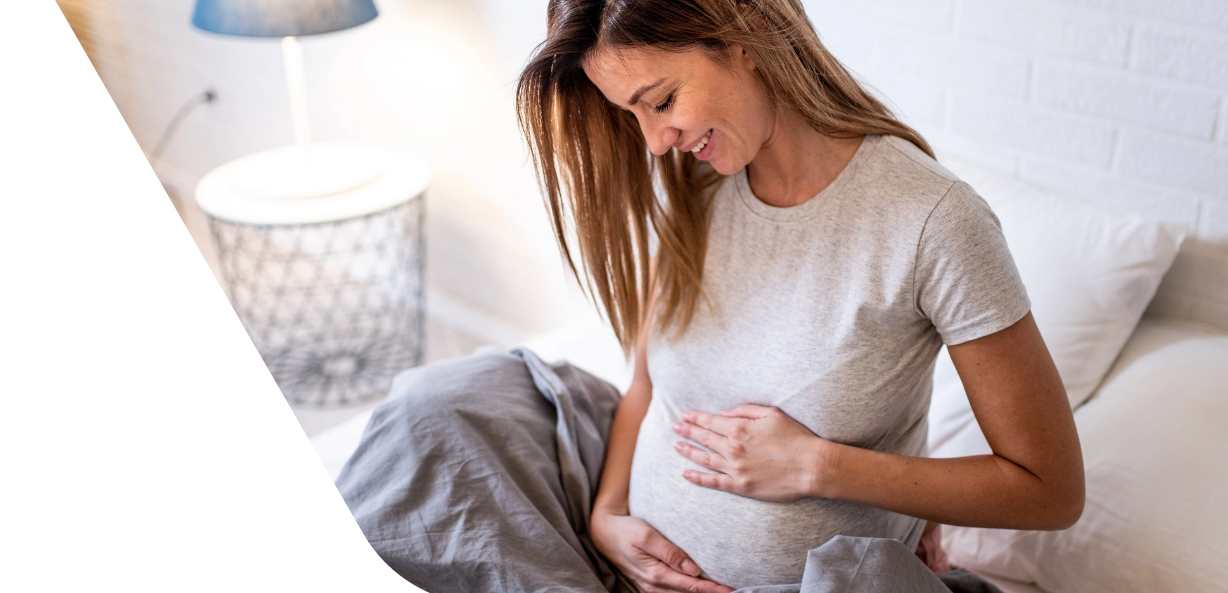19-22 weeks gestational age
His inner ear begins to function. He can now detect sounds inside and outside the womb. You may feel flutters in your stomach as his movements become smoother and more coordinated. He can suck his thumb. Hiccups may become more noticeable as he practices his breathing. He will measure approximately 10-12 inches long and weigh over 1 pound.
Sensory Development
Your baby can hear you now, along with the other sounds from his outside world. If he hears a sudden noise, he can blink and hold still for a second. And his heart rate may decrease. He reacts this way as his inner ear, or cochlea, begins to function this month. Things can get pretty loud for your baby inside the womb. Consider the vibrations of your voice. Your heartbeat. The rush of blood vessels. Your stomach rumblings. Not to mention the loud, rumbling sounds of your intestines, which doctors called borborygmi. The sound level in there can reach 70 decibels, similar to that of a vacuum cleaner. While this may seem loud to us, many newborns are soothed by white noise machines that mimic the rhythmic sounds of the womb. Experts don't know if babies will remember the sounds they hear while in the womb, but many parents believe that singing and playing classical music for their babies at this stage is comforting, even when they hear the songs again after birth. Additionally, your baby's sense of touch becomes more refined at this time.
First Movements
While your baby has already been moving in your womb, you may not have felt it until now. As his movements become smoother and more coordinated, you might feel some fluttering, called quickening. You might also be surprised by a case of the hiccups, as your baby practices his breathing techniques.







